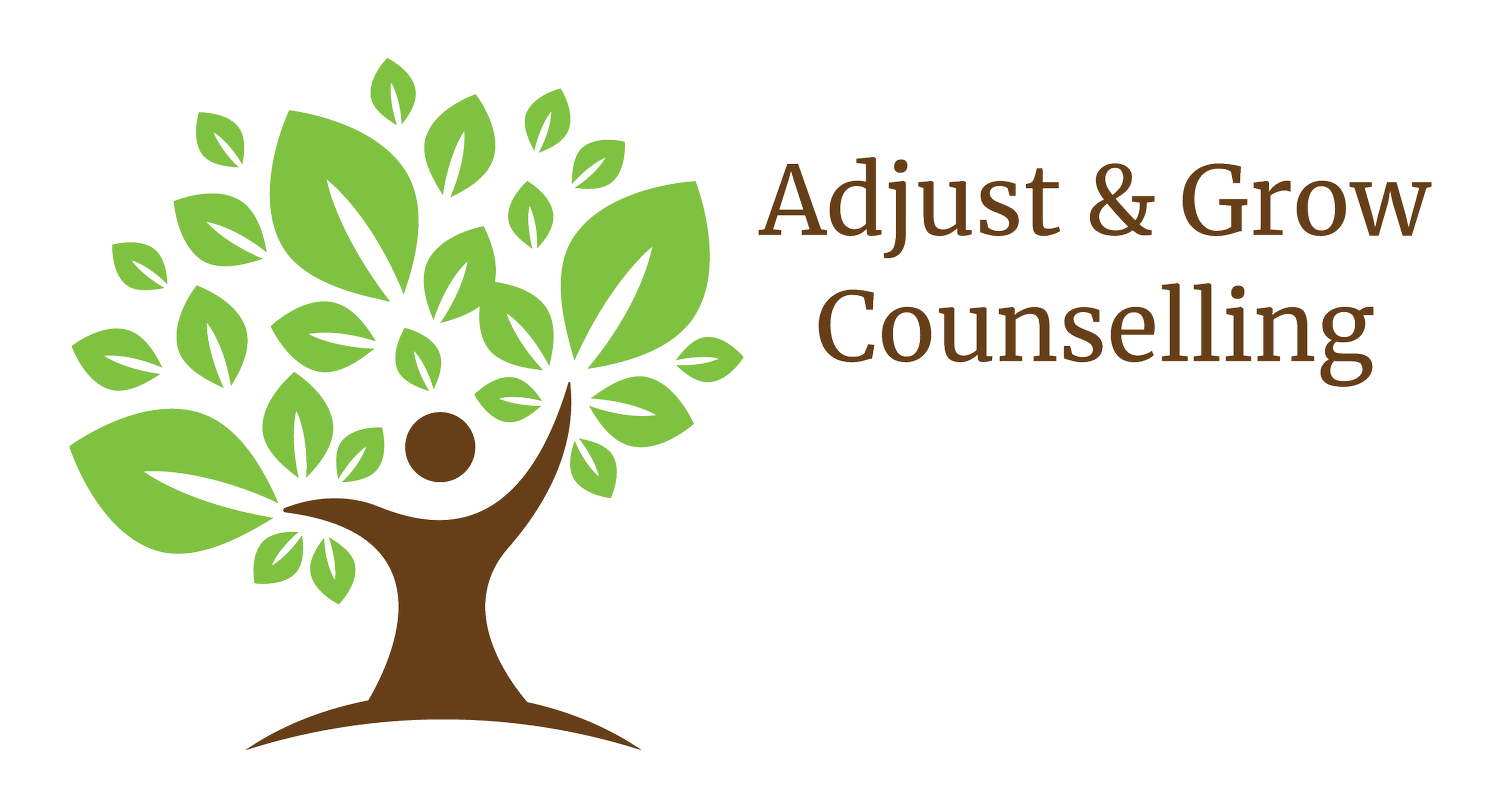Personal Boundaries: What are they, why do we need them? (Part 1)
One of the issues I often see in my work as a therapist is difficulties with setting personal boundaries. The problem can be either a failure or inability to set boundaries or maintain our boundaries in a reasonable way once we have set them. Since boundaries are central to our wellbeing and safety (both emotionally and physically), this ability to create and sustain them is important.
What are Personal Boundaries?
Personal boundaries may be understood as internally held decisions we make about the parameters of what we will accept and not accept in different areas of our lives. They are individually determined guidelines formed according to our own needs and senses of personal safety, values, and what honours us as unique individuals. Some areas of our life where we require and exercise boundaries on a daily basis are (but not limited to):
· Relationships (family, partner, friends, colleagues, neighbours, etc.)
· Work (how & when we work, what we do, work vs. leisure time, $$ remuneration)
· Nutrition & Exercise (how we choose to care for ourselves physically)
· Politics, Ethics, Religion/Spirituality (our beliefs, actions, and practices)
If we are fortunate, we came from families where the “skill” of boundary setting and maintenance was taught to us as children by our parents or other adult family members who respected our individual needs and views, were nurturing, and as such helped us to become confident adults. When we are confident, are self-aware, and know ourselves and our needs we typically set and maintain personal boundaries naturally, often without really being aware that we do as they become integrated with who we are. Yet, as a learned skill setting and maintaining personal boundaries can be acquired and strengthened. For many, therapy is an ideal place to work on these skills.
Difficulties with Boundaries
If, however, we lack self-awareness, struggle with anxiety, depression, or low self-esteem, we may struggle to set personal boundaries or be unaware we are not setting them where they are needed. Even if we do establish them, we may hesitate and then fail to maintain our personal boundaries in a way that enables us to still meet our needs, stay healthy and feel respected. We may continually re-establish the parameters of our boundaries to accommodate the needs of others rather than our own. Challenges with poor boundary setting or maintenance often show up as unhappiness in relationships, overwork, feeling overwhelmed, general life dissatisfaction, and/or addictive behaviour patterns.
Personal Boundaries as Flexible
Is it always wrong to shift the parameter of a boundary? No. Personal boundaries can be tricky because they require some flexibility since we have to be able to adapt to unexpected events, circumstances, and challenging social situations. Part of the skill of boundaries is knowing how, when, and to what extent to be flexible. For example, if I am at a friend’s for dinner and they cook something I don’t like, I might adapt my boundary (“I don’t eat this”) and eat it so as not to cause them to feel badly or obligated to make something else. Yet, if I was allergic to this food, I might maintain my boundary (“I don’t eat this”) because not to do so would compromise my health. While food is perhaps a more clearcut example, this same decision-making about how and when to be flexible with our boundaries is a skill we must learn.
Why can it be so challenging to set and maintain personal boundaries in a healthy way? Why is it difficult to know when to be flexible and when to remain firm in a boundary? I will explore this in my next post.
